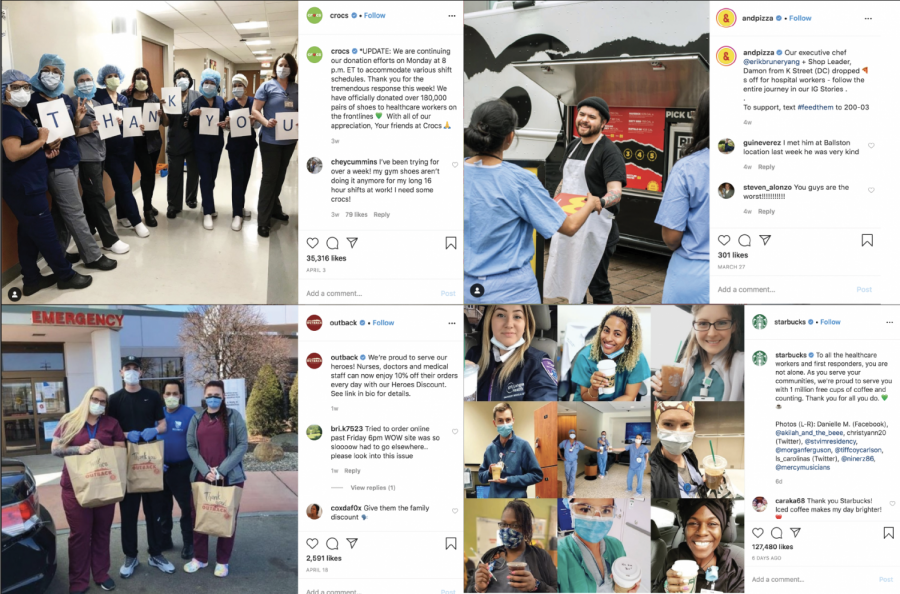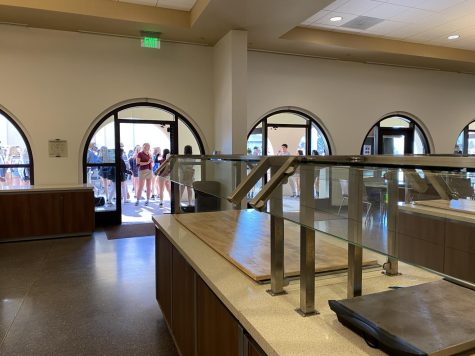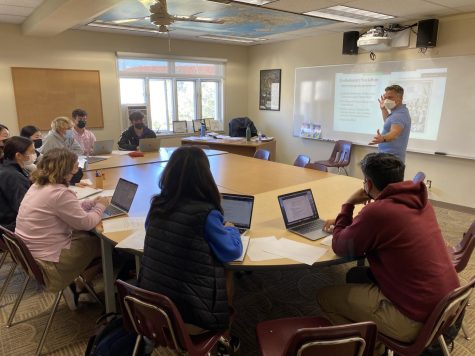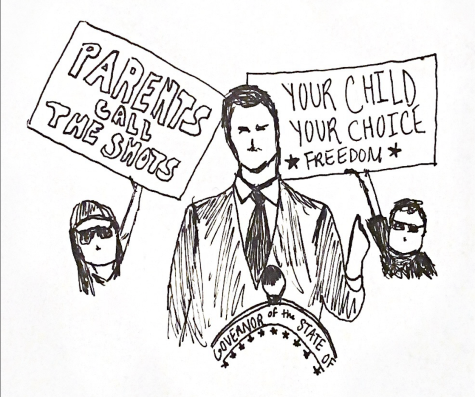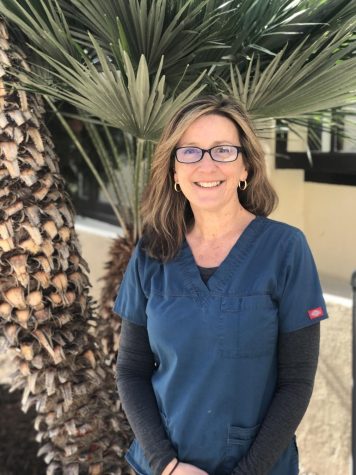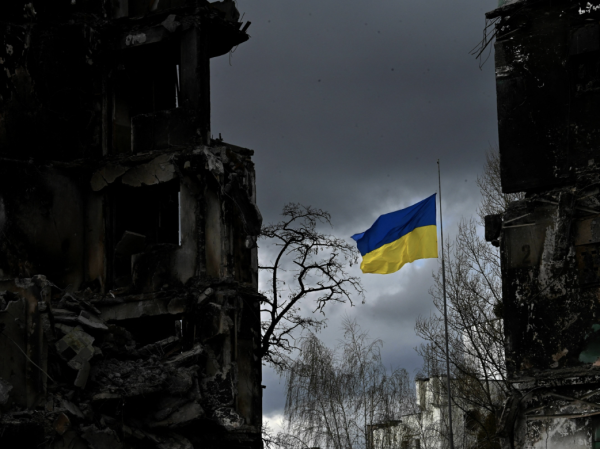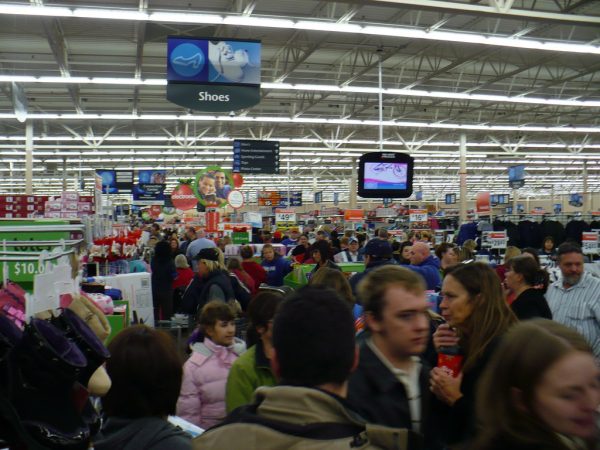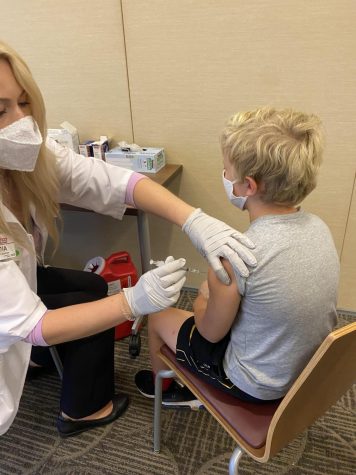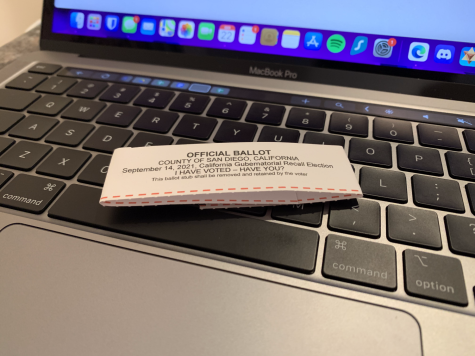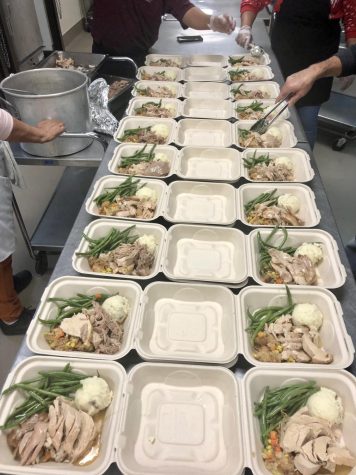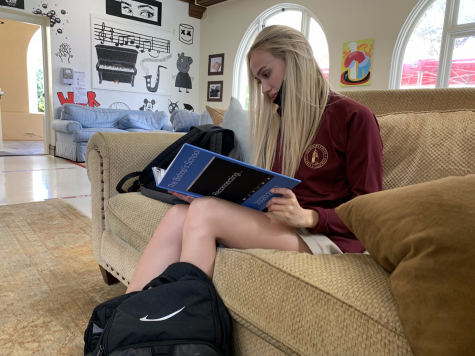Donations for Doctors
Photos courtesy of @crocs, @andpizza, @outback, @starbucks
Many different organizations have started giving free food or products to healthcare works.
At eight p.m. in downtown San Diego, people flick their lights on and off. In Los Angeles, people go out onto their balconies to cheer and clap. In other places people, sing or play music.
Throughout the last couple of months, people across the world have demonstrated their appreciation for doctors and nurses following the outbreak of COVID-19. Celebrities have taken to social media to demonstrate gratitude for medical professionals. Collective clapping or cheering, and awareness posts are excellent ways to show gratitude. However, in addition to this verbal and written recognition, organizations have started to help doctors financially, or with free goods. Krispy Kreme is giving all doctors and nurses free unlimited donuts, Starbucks is donating coffee, and Crocs is donating pairs of shoes to healthcare staff.
However, as the COVID-19 crisis develops, healthcare workers are some of few professionals that will continue going to work no matter the circumstances. Millions of people across the United States are out of their jobs as store clerks, waiters, coaches, caterers, hairdressers, and more nonessential workers. In the last month or so, there have been approximately 22 million unemployment claims filed in the United States alone. “I could be home for three weeks. I could be home for four days. I have no idea,” said New York City plumber Rafael Nuñez. After being fired, Ben Spicer, a delivery driver, said “To feed five kids on a zero wage… is impossible.”
Moreover, according to Time Magazine, the people most financially affected by unemployment are likely those who were on the poorer end of the system to begin with. Fifty-four percent of renters say that they have lost their jobs due to shelter-in-place measures, and forty-six percent of renters say they have less than $500 in emergency funds. Moreover, 22% of homeowners say they do not have enough savings to cover their mortgage payment for a month. The virus is reversing all progress towards shrinking the gap between rich and poor, and the financial hit may be felt for generations.
Doctors can likely afford to maintain their previous lifestyle, and all funding should be put towards an equitable solution—one where those with the most need get the help. Restaurants and businesses should focus their resources on those who are unemployed as a result of the crisis and shelter-in-place orders. Instead of giving away free products, they should generate all the revenue possible, continue paying their workers, and donate to the unemployed with anything else.
This is not to say doctors don’t deserve the recognition. They put themselves on the line to go to work each day and aid those sickened by the crisis. The clapping and social media appreciation should continue, as well as the donations of medical supplies like masks, and this gratitude will ideally continue even after the end of this crisis. But it’s important to act now, and redirect financial efforts to those who no longer have the opportunity to go to work—before the gap becomes irreparably large. Luckily, programs like Golden Rule Charity, the Small Business Association, and the Coronavirus Relief Fund are raising money to help the struggling or unemployed. Donate here.

Clare Malhotra was born in Boston, Massachusetts and moved to La Jolla at age nine. She is currently a senior, and this is her third year on The Tower....


